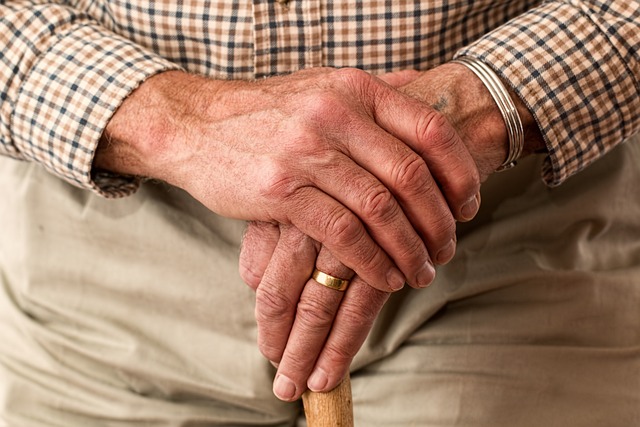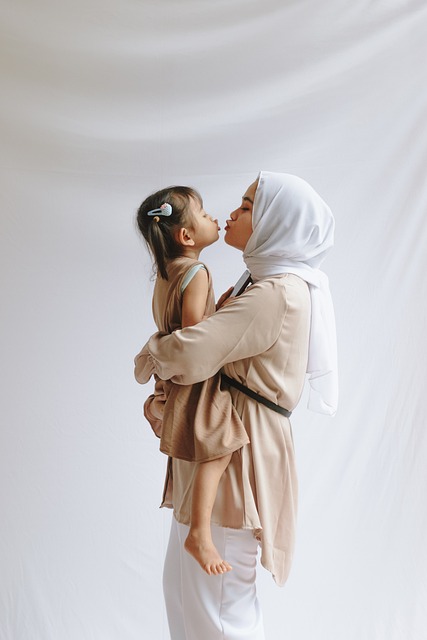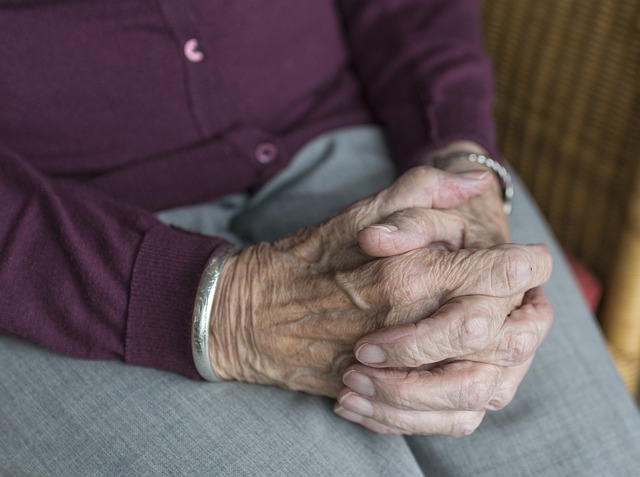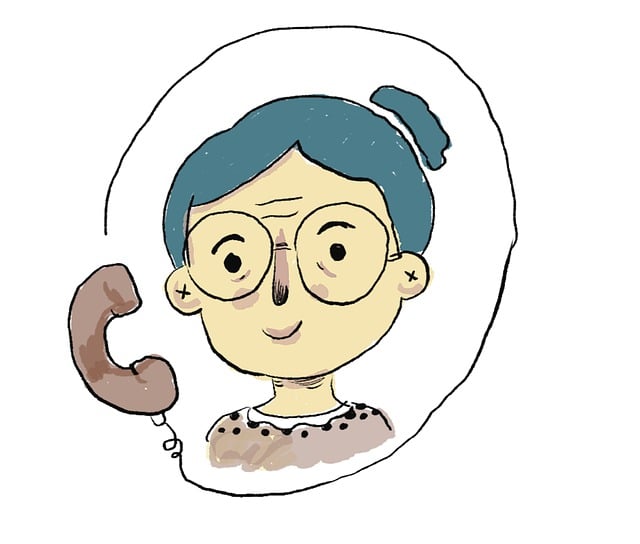Elderly Companion Services are vital for enhancing seniors' quality of life by addressing their unique needs, promoting independence, and ensuring safety in their homes. These services include tailored assistance with daily tasks such as light housekeeping (dusting, vacuuming), laundry, medication organization, meal preparation, transportation, and errand running. Caregivers also provide companionship and social interaction, contributing to the overall well-being of elderly clients while helping them maintain a clean, comfortable living environment. Best practices involve individual care tailoring, consistent scheduling, safety training, regular communication, and personalized activity records.
“In ensuring the comfort and independence of elderly clients, light housekeeping becomes a vital component of Elderly Companion Services. This article delves into the unique needs of this demographic, offering insights on essential tasks that companions can perform. From organizing living spaces to assisting with basic cleaning, we explore how these services enhance quality of life. Additionally, we highlight best practices and benefits, emphasizing the transformative role of dedicated Elderly Companion Services in fostering a supportive environment.”
- Understanding the Needs of Elderly Clients
- Essential Light Housekeeping Tasks for Companions
- Benefits and Best Practices for Elderly Companion Services
Understanding the Needs of Elderly Clients

Understanding the needs of elderly clients is paramount in providing effective light housekeeping services. As people age, their physical abilities and independence can diminish, leading to increased vulnerability and challenges in maintaining a clean and safe living environment. Elderly companion services cater to these unique requirements by offering tailored assistance that goes beyond basic housekeeping tasks.
Elderly individuals often require help with activities such as dusting, vacuuming, and light maintenance cleaning, which may become strenuous or difficult to manage alone. Companion services recognize this and provide professional caregivers who not only ensure a clean home but also offer companionship, social interaction, and assistance with daily tasks. This holistic approach ensures the well-being and dignity of elderly clients while facilitating their independence in the comfort of their homes.
Essential Light Housekeeping Tasks for Companions

In providing elderly companion services, light housekeeping tasks are a crucial component of ensuring a safe and comfortable living environment for seniors. Companions should be adept at maintaining basic cleanliness and organization, as this can significantly impact an elderly person’s independence and overall well-being. Simple yet essential duties include tidying up common areas, such as clearing surfaces, making beds, and vacuuming or sweeping floors. These tasks not only keep the space neat but also reduce potential hazards caused by clutter.
Additionally, companions may assist with laundry, including sorting, washing, and folding clothes. This helps in maintaining a supply of clean garments for the elderly client. Light housekeeping also involves managing personal items, like organizing medication or assisting with meal preparation, ensuring that mealtime is not only nutritious but also a pleasant experience. These everyday chores contribute to creating a homely atmosphere and fostering a sense of security for those receiving elderly companion services.
Benefits and Best Practices for Elderly Companion Services

Elderly Companion Services offer numerous benefits for seniors who require assistance with daily tasks while maintaining their independence. These services provide a sense of security and companionship, ensuring older adults stay safe and engaged in their homes. By hiring dedicated companions, clients can enjoy improved quality of life as they receive help with light housekeeping, meal preparation, transportation, and running errands. This not only eases the physical burden but also provides intellectual stimulation through conversation and social interaction.
Best practices for elderly companion services include tailoring care to individual needs, maintaining a consistent schedule, and promoting independence. Companions should be trained in basic home safety measures, gentle assistance with mobility, and understanding the client’s medical conditions. Regular communication between companions and clients is vital, fostering trust and ensuring satisfaction. Additionally, keeping records of daily activities and preferences helps maintain a personalized care approach, enhancing the overall experience for elderly clients.
Elderly Companion Services play a vital role in ensuring the comfort and safety of aging individuals. By understanding their unique needs and implementing tailored light housekeeping tasks, companions can significantly improve the quality of life for these clients. The benefits are clear: enhanced independence, improved living conditions, and increased satisfaction. Adhering to best practices, such as regular communication, personalized care, and efficient task management, ensures that elderly companion services deliver exceptional support, fostering a sense of security and well-being among their clients.














